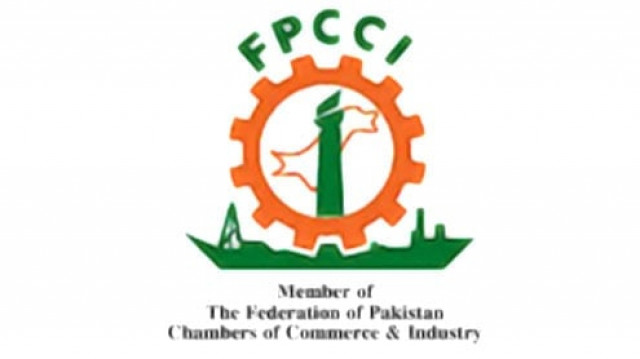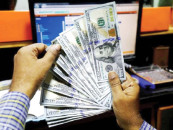Industry dismayed by policy rate status quo
Says central bank decision makes no economic sense at a time of low inflation

The trade and industrial community has strongly reacted to the State Bank of Pakistan's (SBP) decision to leave its policy rate unchanged at 11%, which came in contrary to widespread expectations of a 50-basis-point reduction and calls for a massive cut to around 6%.
In the run-up to monetary policy announcement on Wednesday, trade bodies had been releasing statements, calling on the central bank to make a drastic reduction in borrowing cost, which would trigger growth of industries and the overall economy and give a boost to exports and employment.
In a statement, Federation of Pakistan Chambers of Commerce and Industry (FPCCI) President Atif Ikram Sheikh remarked that the business, industrial and trade community was disappointed with the monetary policy as it continued to be based on a heavy premium vis-a-vis the Consumer Price Index (CPI).
He highlighted that the CPI stood at 3.2% in June 2025 but the policy rate remained pegged at 11%, which reflects a premium of 780 basis points as compared to inflation and makes no economic sense. He pointed out that, after deliberations with different industries and sectors, the FPCCI had demanded a single-stroke rate cut of 500 basis points during Wednesday's monetary policy committee meeting.
While expressing dismay over the central bank's decision to keep the policy rate unchanged at 11%, the Pakistan Hosiery Manufacturers and Exporters Association (PHMA) highlighted the unfavourable business climate, including high interest rates, ruthless taxation and a high cost of production and utilities.
PHMA Central Chairman Muhammad Babar Khan argued that the policy rate status quo would hurt the growth of exporters and manufacturers in varying sectors. "Pakistan's policy rate is higher compared to the region, which makes it extremely challenging for exporters to compete with countries such as Vietnam, Bangladesh and India," he said.
Meanwhile, Karachi Chamber of Commerce and Industry President Muhammad Jawed Bilwani, in a statement, said that at a time when Pakistan's core inflation had significantly receded, there was no sound economic justification for keeping borrowing cost prohibitively high.
"The State Bank has cited the uptick in inflation during May and June, along with concerns over a moderate rise in the coming months due to persistent pressure on energy prices, as reasons for maintaining the policy rate. Yet, this rationale is neither convincing nor economically sound," he added.
Bilwani saw sufficient room to reduce the interest rate to single digits as many regional economies had done in similar or even more complex economic environment. "By missing this critical opportunity to lower the rate, the State Bank has dampened hopes for economic revival," he said.























COMMENTS
Comments are moderated and generally will be posted if they are on-topic and not abusive.
For more information, please see our Comments FAQ